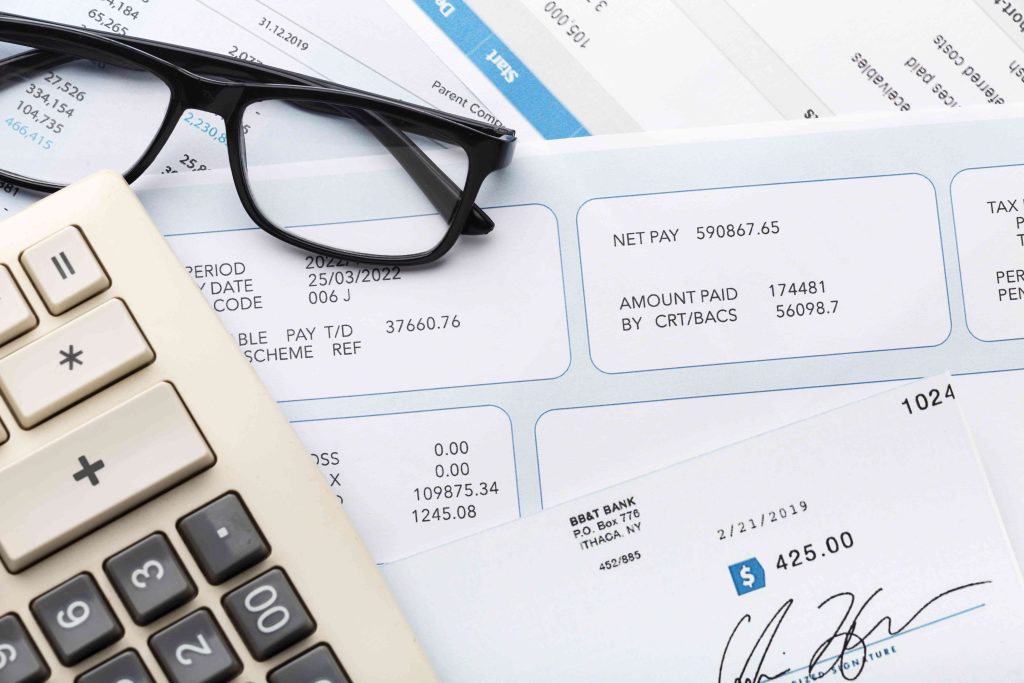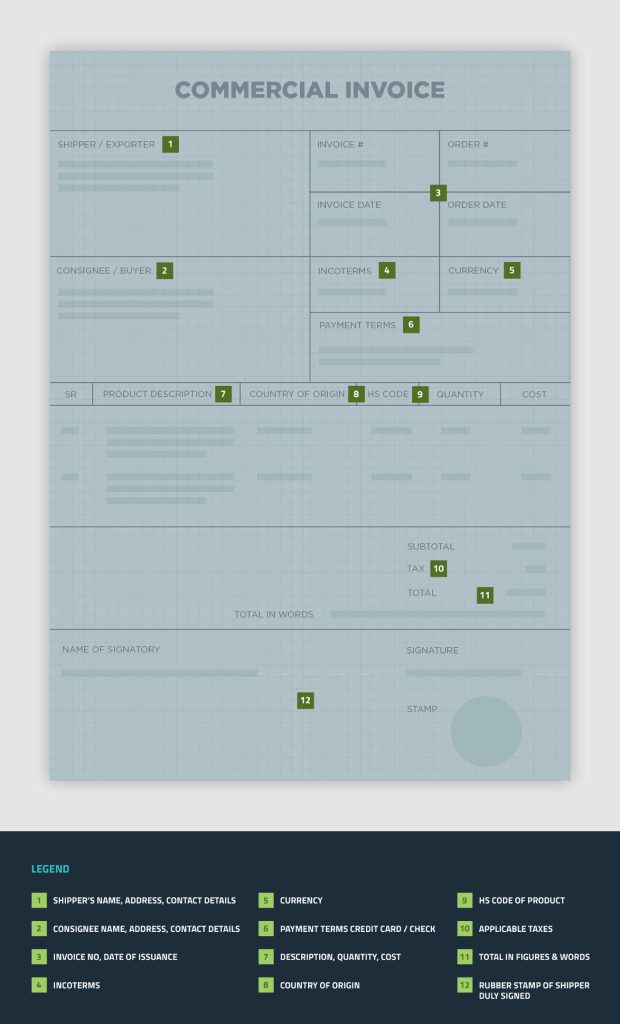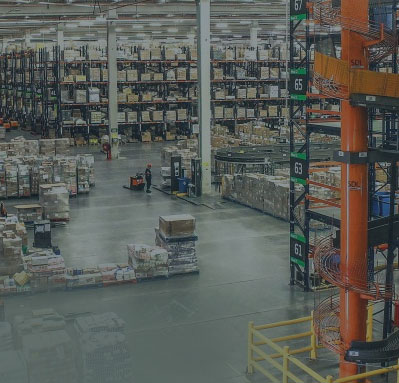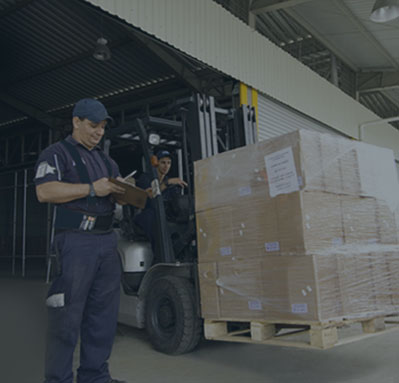Whether you are a freelance worker or a small business owner, an invoice is one of the most important documents you will send. However it can be challenging to know what kind of invoice to send and what information to include. In today’s article we will discuss everything you need to know about creating an invoice.
What is an invoice?
An invoice is a document provided by the seller to the buyer for payment purposes. It details the cost of the goods or services rendered to the buyer, including the descriptions and prices of the products purchased. Invoices can serve as a legally binding record if they have the necessary information such as the names of the seller and buyer, description and price of the goods or services, and payment terms.
Invoices serve a crucial role in demanding payment from buyers. Beyond that, they offer several other benefits for both parties involved in a transaction, including record keeping, payment monitoring, and can even serve as a legal defense.
Record Keeping
One of the most significant advantages of invoices is their ability to provide a permanent record of a sale. This record includes information such as the date of the sale, the buyer and seller, and the products or services sold.
Payment Monitoring
Invoices are also an essential tool for tracking payments and debts. They help both buyers and sellers to keep accurate records of their transactions, including the amounts owed and payments made.
Legal Defense
Properly drafted invoices serve as legal evidence of the agreement between the buyer and seller regarding the price and payment terms. This can provide protection for the seller in the event of a dispute or fraudulent lawsuit.

Different types of invoices
Businesses, including small and medium-sized enterprises (SMEs), can generate different types of invoices for their clients. The type of invoice created will depend on factors such as the industry, payment frequency, and billing method for the services provided.
There are several types of invoices, including:
-
- Proforma invoices is a preliminary invoice a business sends to a customer before delivering their goods or services. This type of invoice outlines the terms of sale, including the goods or services to be provided, their cost, and the payment terms.
- Commercial invoices are a document used to outline the goods or services that have been provided and the amount the customer owes for them. It is commonly used to clear goods through customs and is often required for international transactions.
- Service invoices are used by service-based companies to bill their clients for services rendered. Service invoices outline the services provided, the date services were provided, and the total balance due.
- Recurring invoices are used by businesses to bill customers on a regular basis, such as weekly or monthly. It is often used by service-based businesses for recurring services, such as monthly website maintenance.
- Credit memos are documents used to refund a customer for goods or services that were returned or not used. It outlines the amount being credited to the customer’s account.
- Timesheet invoices are used when a business or employee is billing based on the hours they work and their standard rate of pay or callout charges (i.e. for electricians, plumbers, etc.). Sometimes timesheets are used by contract employees who are paid hourly by their employer.
- Proforma invoices is a preliminary invoice a business sends to a customer before delivering their goods or services. This type of invoice outlines the terms of sale, including the goods or services to be provided, their cost, and the payment terms.
How are invoices different from receipts and purchase orders?
An invoice is a request for payment and a receipt is a document used by businesses to confirm payment has been made. A receipt is issued after payment has been made, while an invoice is sent before payment is made. Invoices typically include details about the goods or services provided, the cost, and the payment terms. Receipts only confirm payment and do not provide in-depth details about the transaction.
A purchase order is a document sent by a customer to a supplier to request goods or services. It outlines the goods or services required, as well as the quantity and the price. Invoices are sent after goods or services have been provided, while purchase orders are sent before goods or services have been provided.

What to include on your invoice
When creating an invoice, it’s important to include all of the necessary information to ensure that the customer knows exactly what they are paying for and when payment is due. Some of the key elements to include on an invoice include:
- Shippers Name, Address and Contact Details
- Consignee Name, Address and Contact Details
- Invoice number along with the date of issuance
- INCOTerms
- Currency
- Payment Terms (such as whether you accept credit card payments or checks
- Cost, quantity, and description of the goods or services
- Country of Origin
- HS Code of the product
- Any applicable taxes (when applicable)
- Total amount Due, both figures and in words
- Rubber Stamp at the bottom of the shipper, duly signed

Import Commercial Invoices
The UAE Ministry of Foreign Affairs and International Cooperation (MOFAIC) has established a new electronic attestation system for commercial invoices related to imports. Effective February 1, 2023, all customs clients are required to apply for commercial invoice attestation online when making a declaration with Dubai Customs, regardless of the declaration type or invoice value. The requirement applies to all submission channels. Failure to comply with invoice attestation can result in fines up to AED 500 (approximately USD 136). A new import process, MOFAIC has been introduced throughout the UAE. However, currently it has only been integrated into the Dubai Customs system. The integration process for other emirates, including Abu Dhabi, Sharjah, and Ras Al Khaimah, is still underway and the import procedure in these emirates will be determined by their respective online attestation regulations.
Now you’ve got everything you need to create a professional invoice for your clients. However, invoicing is just one part of an effective sales cycle. At Cargoline, we work with businesses to enhance their transportation, storage, and distribution solutions for optimal results. Our proficiency in the local customs regulations and regional environment allows us to provide our clients with dependable and economical logistics solutions to our clients.
Contact a team member to learn more about our intelligent and functional logistics solutions for your next project or to get your project quote. We look forward to working with you.







